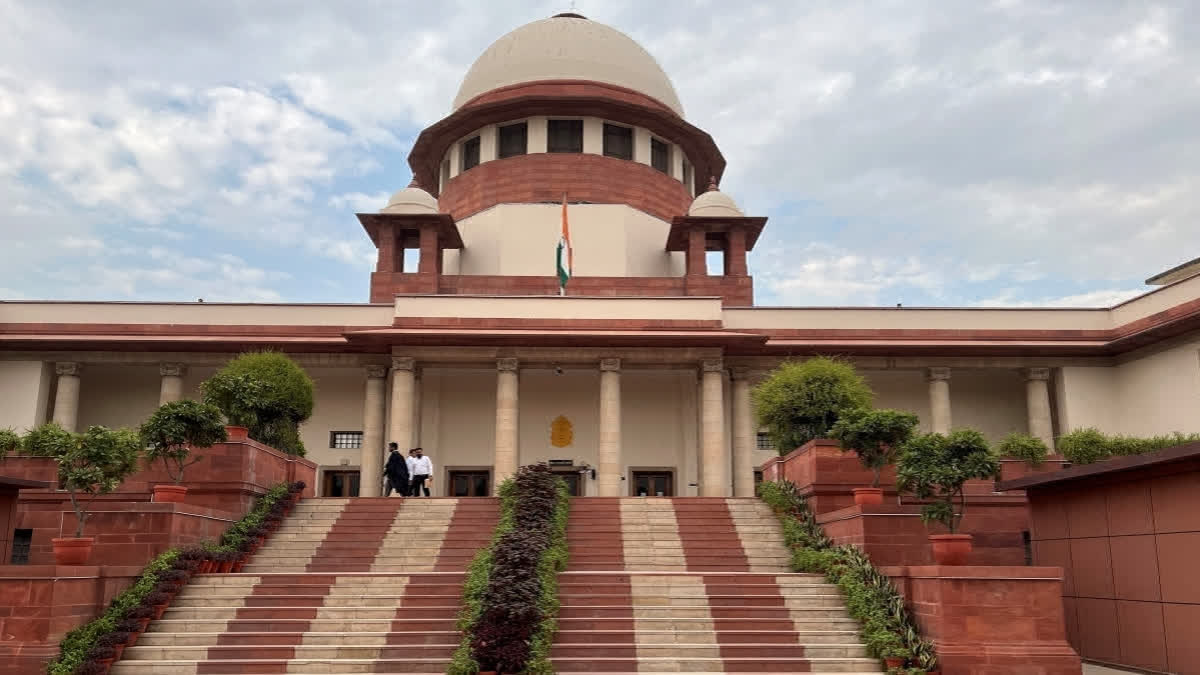New Delhi:The Supreme Court Monday asked the Ministry of Environment, Forest and Climate Change (MoEFCC) to bring on record its view on whether there could be a capping on iron ore mining in Odisha, saying that ministry is an expert body to inform the court about its impact on the environment and the concept of intergenerational equity.
A three-judge bench led by Chief Justice of India DY Chandrachud asked was MoEFCC consulted by the Ministry of Mines? Additional Solicitor General Aishwarya Bhati said the Ministry of Mines has filed an affidavit.
"After our order…..The Ministry of Mines has examined the matter in the light of the quantum of iron ore resources in the country... And, on the basis of which capping was imposed in Karnataka and Goa. And, whether in the present situation Odisha requires a capping? It can be only that the Ministry of Mines looks at it. The MoEFCC has to apply its mind and tell…that is the expert ministry dealing with the environment…they don’t say they have consulted MoEFCC”, said the CJI.
The apex court perused the affidavit of the Union Ministry of Mines filed in response to its earlier query whether any cap can be put on mining in Odisha keeping in mind the limited iron ore reserves there. The bench pointed out that it does not have the view of the Environment Ministry.
Bhati said current per capita consumption of India is 158 kgs, whereas the current global average is 208 kgs, and drew the court's attention to zero waste mining. The bench, also comprising Justices JB Pardiwala and Manoj Misra, said that MoEFCC will have to independently examine the matter and sought senior advocate ADN Rao's views.
Rao, amicus curaie in the matter, said in Karnataka and Goa, the CEC had examined it and then your lordships imposed a cap, and they have not referred to inter-generational equity.
Senior advocate Rakesh Dwivedi, representing the Odisha government, opposed Rao's view and argued that the affidavit clearly points out while the consumption has grown at the same time the availability of the resources has also grown. "71% of the OGP (obvious geological potential) area that is the area where prospecting is done….it (iron ore) is known that it is available there but it is not being mined….that is still available. That is intergenerational equity….”, said Dwivedi.
Dwivedi said that iron ore leads to production of steel, which is important for defence and all industries, and stressed that steel is the backbone. He insisted that any curtailment would mean that the future will suffer and intergenerational equity should not be looked at from the point of view of a particular resource only.
